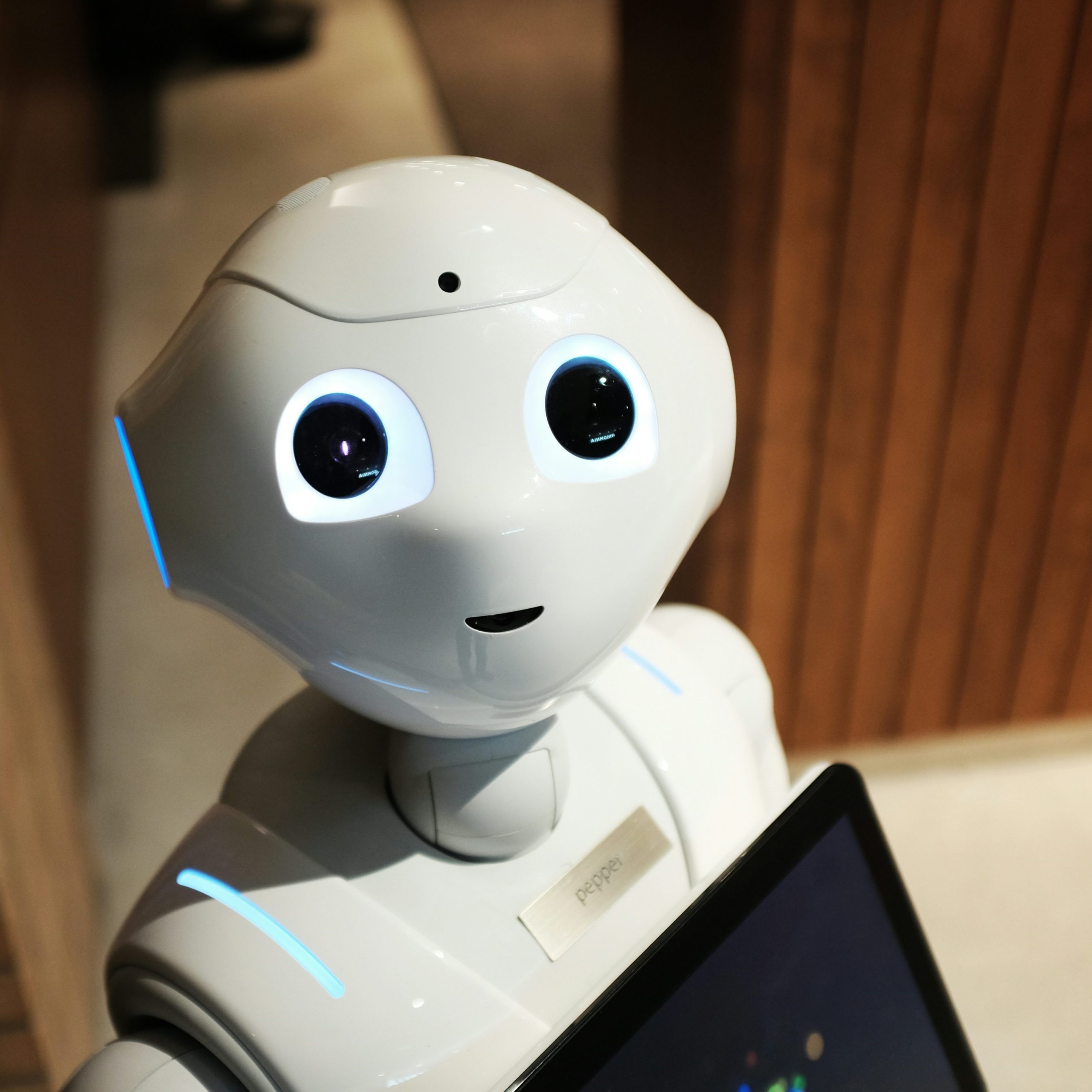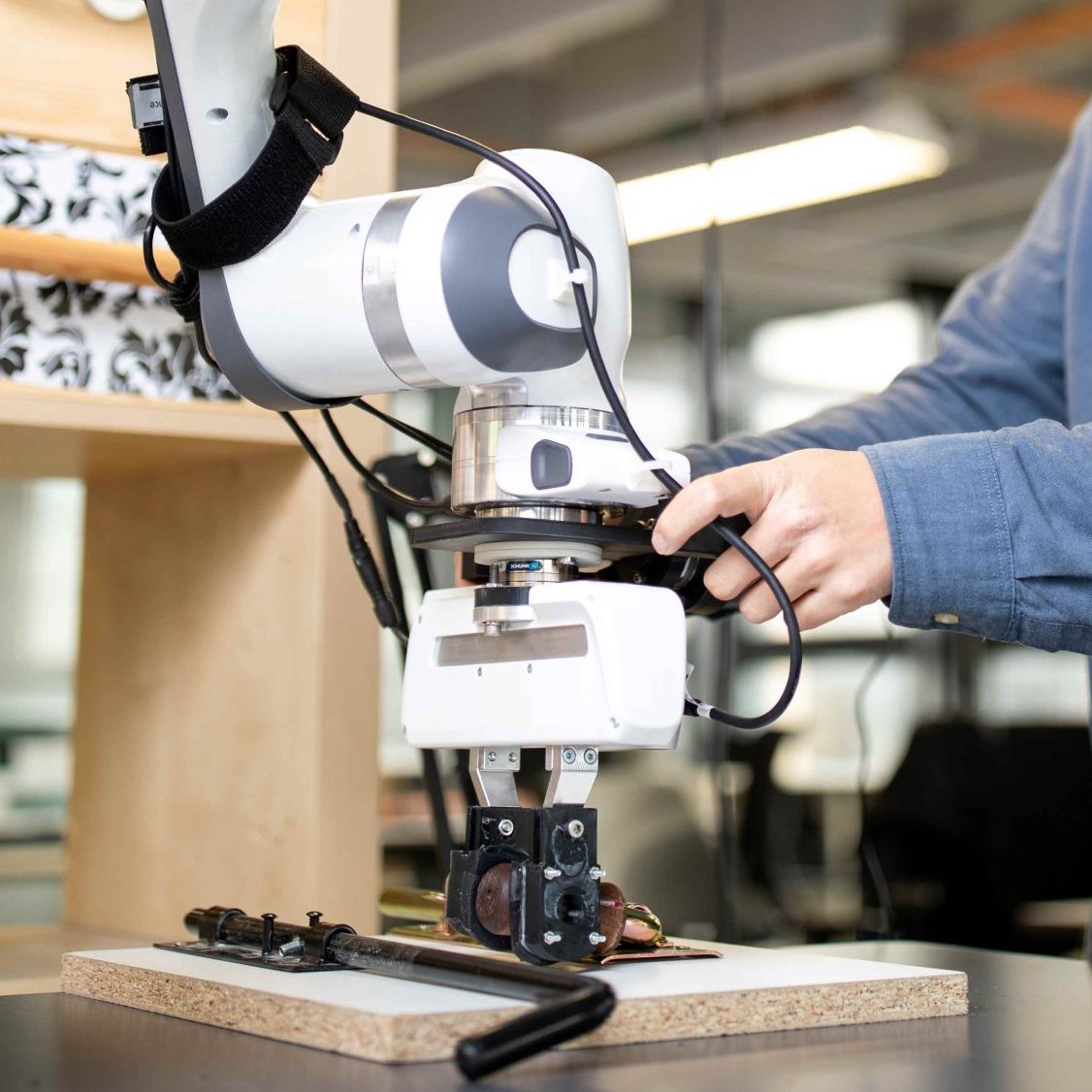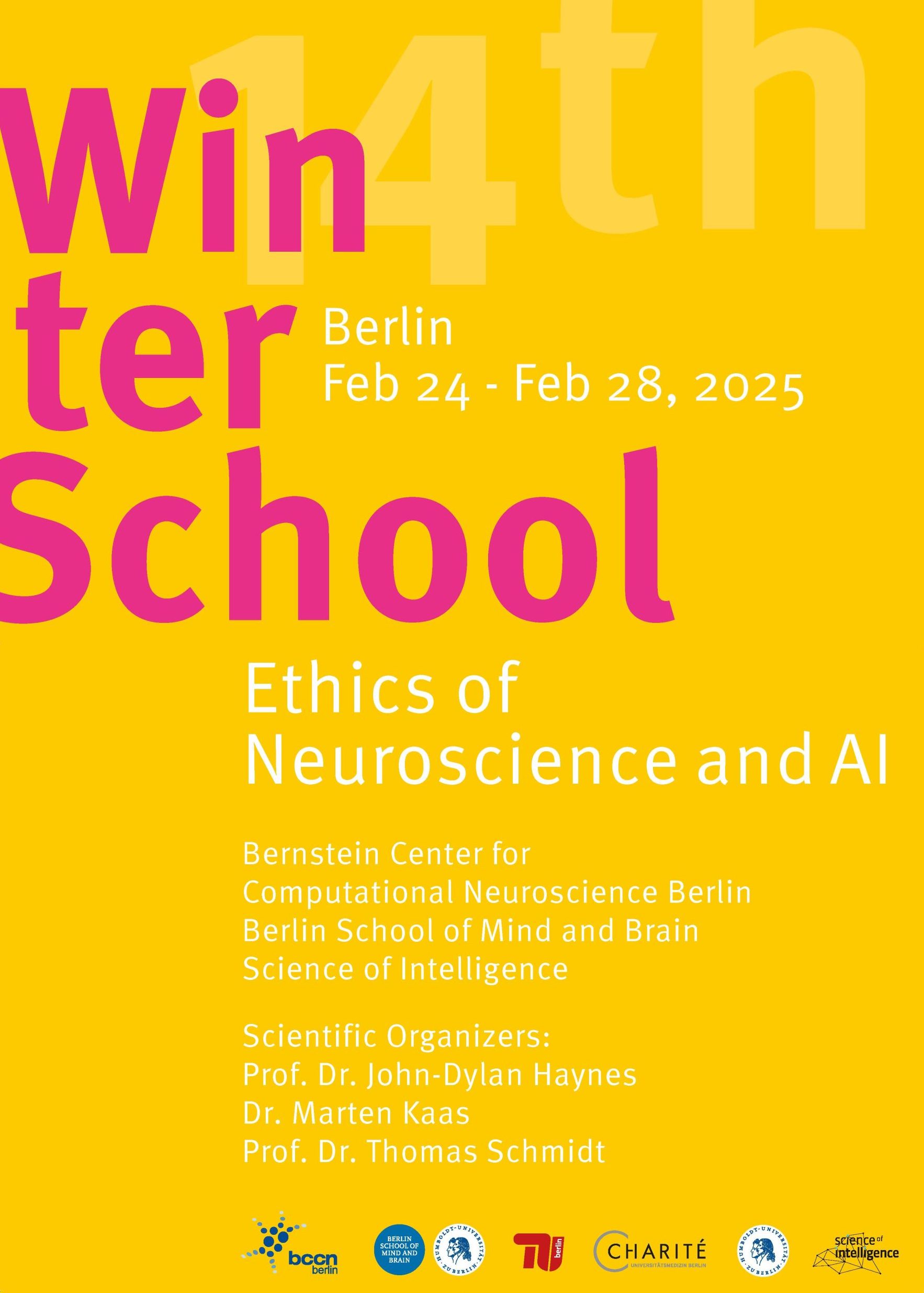Wannes Ooms (KU Leuven Centre for IT & IP Law -imec): A general introduction to the EU AI Act
Marchstraße 23, 10587 Berlin, Room 2.057The EU AI Act introduces new obligations for providers and deployers of AI systems. In this presentation, we will discuss the scope of the AI Act, the different qualifications of AI systems under the act and the related obligations or requirements. We also provide a look ahead at key deadlines, the status of standards and
















